Why Government Agencies Use BriefCatch
Government agencies use BriefCatch to write with clarity, consistency, and compliance. It reinforces plain language and streamlines editing, helping teams produce precise, policy-aligned documents.
Book a Demo







.svg)






.svg)






.svg)






How Your Government Agency Benefits
Benefit
Outcome
.svg)
Strengthen Clarity and Authority
Craft persuasive, plain-language filings that resonate with judges and the public.


Protect Institutional Credibility
Ensure consistent, professional writing across agencies, teams, and offices.


Cut Review and Revision Time
Accelerate editing workflows without sacrificing quality or legal accuracy.

.svg)
Built for Government Legal Writing
Reflects tone, style, and structure aligned with public-sector standards.


No Learning Curve, Immediate Impact
Use directly in Word with instant, in-context suggestions—no training needed.

Try for Free
Helping Government Agencies Capture More Time and Control Quality
.svg)
Office-Wide Consistency
From pleadings and emails to agreements, BriefCatch helps ensure clear, polished language in every document. Scoring dashboards flag style drift before it reaches a senior attorney, while real-time suggestions keep writing precise, consistent, and aligned with your office’s mission.
Try for Free
.svg)
.svg)
Faster Professional Development
Real-time readability alerts and single-click citation corrections help ensure every opinion is clear, precise, and error-free before publication.
Try for Free
.svg)
.svg)
Zero Workflow Disruption
Scoring dashboards align each clerk draft with your preferred tone, keeping every filing consistent and authoritative.
Try for Free
.svg)
Voices from Our Clients

"BriefCatch is an innovative tool that blows its competitors out of the water—it is a must-have piece of software for any lawyer, law student, or judge."
Megan Boyd
Georgia State Law School, Professor

“It is a valuable resource that is sensibly priced that aids in improving clarity and conciseness.”
Christopher Doyle
Level Twenty Seven Chambers, Barrister

"Improves brief writing. I'm a law professor, so I use it to help students with their writing.”
Bruce N. Cameron
Regent University School of Law, Reed Larson Professor of Labor Law
Sharpen your writing with expert resources
See All Resources
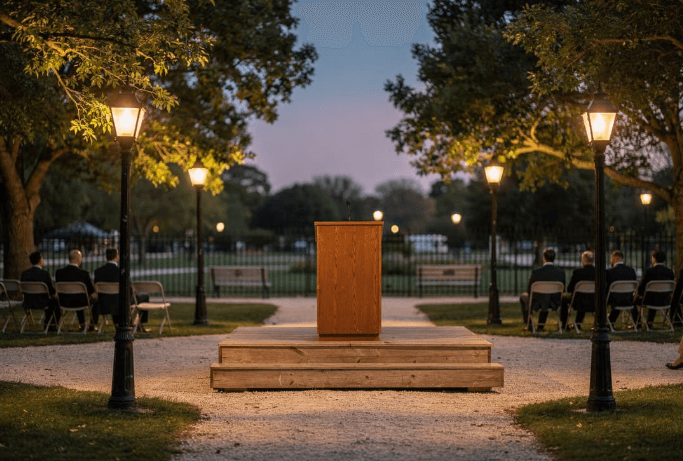
Why Generic AI Tools Fall Short for Legal Writing Today
Learn why generic AI tools fall short for legal writing and how specialist platforms give you accuracy, privacy, and trust in every contract or brief.
Read More
.svg)
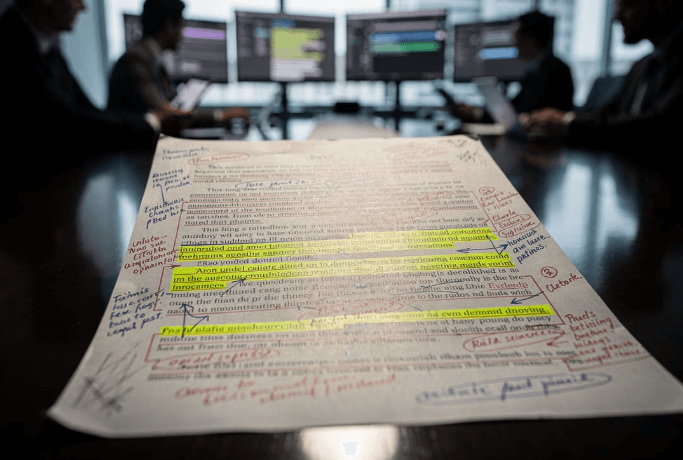
How to Use AI to Edit a Legal Brief: Step-by-Step Guide
Learn how to use ai to edit a legal brief, sharpen clarity, keep citations accurate, and cut drafting time. Follow a clear plan from first draft to filing.
Read More
.svg)

A Practical Guide to the Ethics of Using AI in Legal Writing
Learn how professionals balance accuracy, bias checks, client privacy, and model rules amid the ethics of using ai in legal writing. Actionable tips inside.
Read More
.svg)

Can AI Improve Legal Persuasion? What Lawyers Need Now
Can AI improve legal persuasion is more than theory. You see how tools refine arguments, speed research, flag bias, and raise ethics issues. Get clear tips today.
Read More
.svg)

Legal Writing Mistakes That Undermine Credibility: Fix Them
Learn how legal writing mistakes that undermine credibility cost you respect. Spot top errors, see clear examples, and use simple tactics for concise briefs.
Read More
.svg)

How to Write a Clear and Compelling Legal Argument
Read How to Write a Clear and Compelling Legal Argument for steps on context, facts, authority, plain language, editing, and practice to sharpen your briefs.
Read More
.svg)

Plain English in Legal Writing: Judges Want Clarity
Plain English in Legal Writing shows you how to strip jargon, meet court duties, and write documents readers get. Gain tips to cut errors and save time.
Read More
.svg)

Persuasive Writing in Law: How to Make Arguments Stick
Learn why persuasive writing shapes legal outcomes. Get clear tips on structure, tone, and credibility so your briefs, contracts, and memos persuade readers.
Read More
.svg)

How to Choose the Right AI for Lawyers: Your Step-by-Step Guide
Compare accuracy, ease, security, scale. This breakdown helps you pick ai for lawyers that fits the practice and keeps clients' data safe while meeting ethics.
Read More
.svg)

Craft a Tight Confidentiality Clause That Holds Up
Learn how to define scope, set timelines, avoid drafting traps, and enforce a confidentiality clause that shields your data and cuts legal risk today.
Read More
.svg)
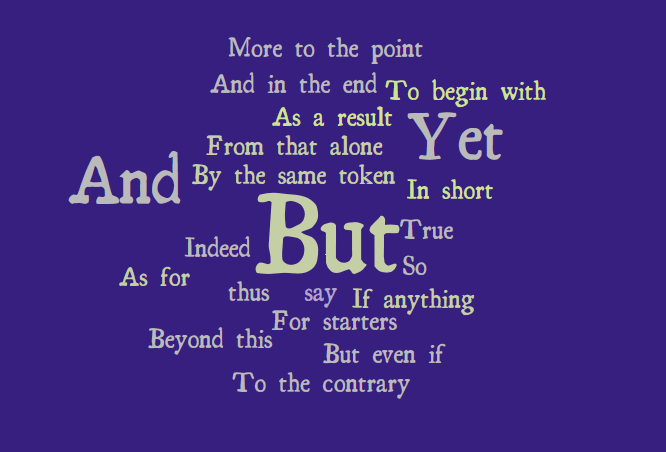
135 Transition Words and Phrases
This post by Ross Guberman provides a categorized list of 135 transition words and phrases that help writers improve flow, coherence, and clarity in their prose. It serves as a quick reference guide for connecting ideas effectively across sentences and paragraphs.
Read More
.svg)

Five Ways to Write Like Then-Solicitor General Elena Kagan—United States v. Stevens
Read More
.svg)

Case Study: Fry v. Napoleon Community Schools—Five Ways to Write Like Justice Kagan
Read More
.svg)

Welcome to the Legal Writing Pro Newsletter
Discover the latest updates and tips from BriefCatch in our inaugural issue of The Legal Writing Pro. From event highlights and a new AI-driven tool to exclusive legal writing tips from Ross Guberman, this newsletter is packed with insights to elevate your legal writing.
Read More
.svg)
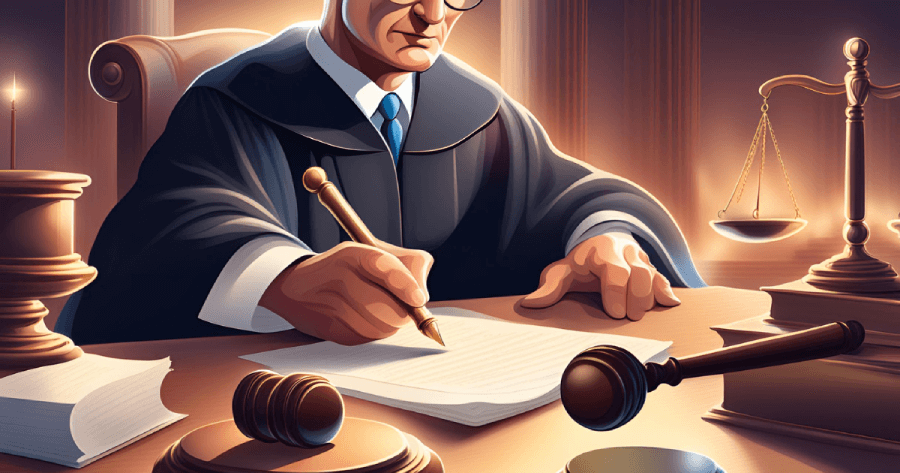
Four Motion Mistakes
Read about the critical insights from a Florida federal judge who corrected dozens of errors in a routine motion, revealing common pitfalls even top legal writers make. Learn from four key examples, including the nuanced rules of capitalization for 'Order' and 'Motion,' the proper use of 'Plaintiff,' 'Defendant,' and 'Court,' the American standards for punctuating quoted material, and the correct use of ordinal numbers.
Read More
.svg)

Five Ways to Write Like Paul Clement
The controversial prosecution of New York Mayor Eric Adams has a legal-writing silver lining: The Court asked for an amicus trial brief from Supreme Court brief-writer extraordinaire Paul Clement. Lurking within are five great writing tips for the rest of us along with choice excerpts for your inspiration at the screen.
Read More
.svg)
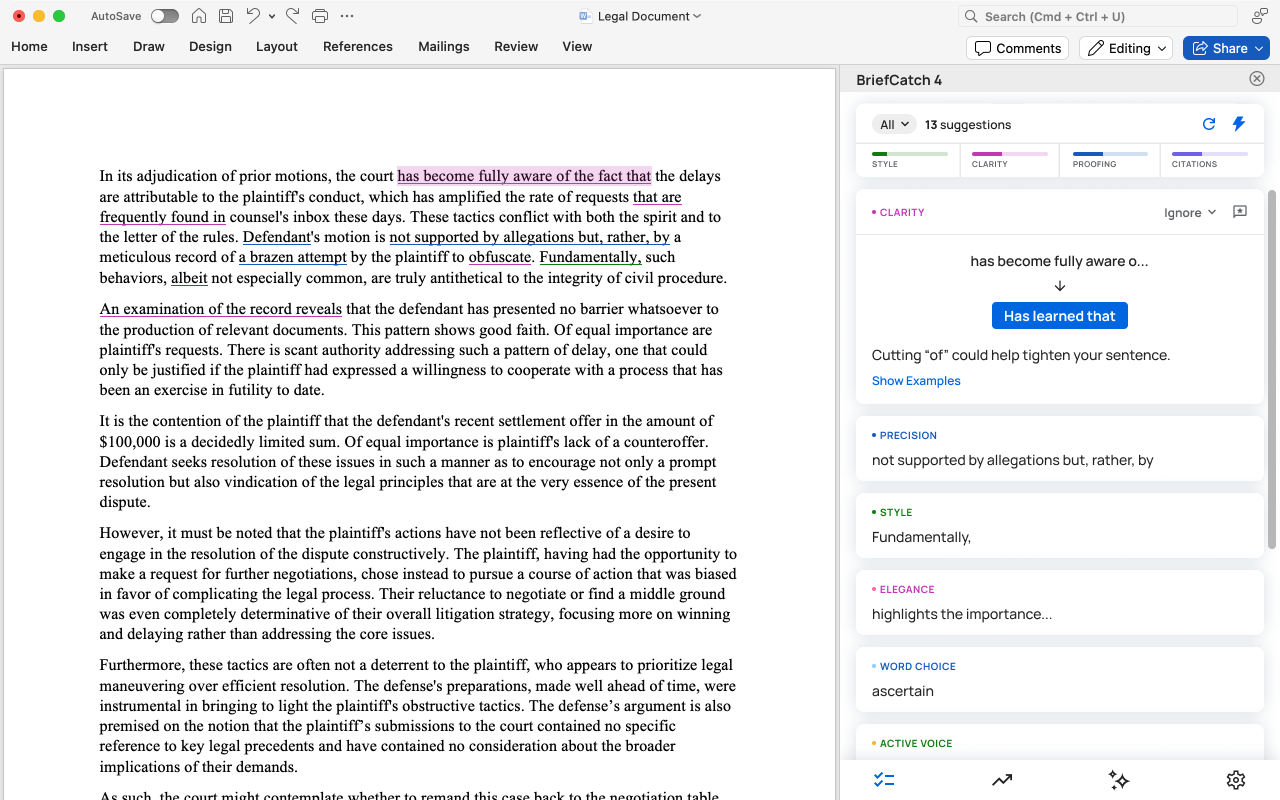
Introducing the Next Generation of BriefCatch
Learn about the next-generation of BriefCatch with AI-powered Bluebook corrections, expert writing suggestions, and seamless editing. Join our pre-release program today!
Read More
.svg)

Feeling Possessive?
Wondering how to tackle possessives in legal writing? In Kansas v. Marsh, Justices Thomas and Souter clashed over “Kansas’ statute” vs. “Kansas’s statute.” Discover which approach prevails and why nearly all authorities side with Souter. Dive in to master this crucial aspect of legal style and keep your documents flawless!
Read More
.svg)
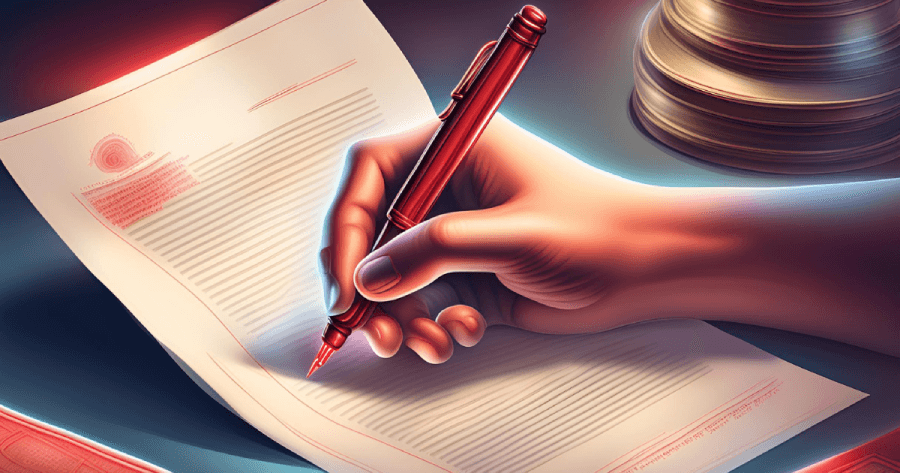
Five Grammar Myths Debunked
Feeling bogged down by grammar myths? You're not alone. If you've ever hesitated to start a sentence with "but" or "because" or feared splitting an infinitive more than a root canal, this blog is your rescue remedy. Learn why starting a sentence with a conjunction is often preferred, and learn how splitting infinitives can enhance clarity and flow. Read on to liberate your legal writing from these outdated constraints!
Read More
.svg)

Eight Ways to Write a Superb Brief
In his latest eBook, Ross Guberman, CEO and Founder of BriefCatch, shares eight tips for drafting a superb brief, based on Kannon Shanmugam’s merits brief in Walker v. United States. Learn strategies for making persuasive and effective arguments. Whether you’re a seasoned writer or drafting your first brief, these tips will elevate your legal writing. Download the eBook now!
Read More
.svg)

AI-Powered Legal Writing & Research: Webinar Recap
This blog covers the key insights from BriefCatch's recent webinar, "AI-Powered Legal Writing & Research for Summer Associates," hosted by Ross Guberman. Learn about practical AI use cases in legal research and writing, address AI-related concerns, and see how AI can enhance your legal documents. Get access to the full recording!
Read More
.svg)

Five Ways to Write Like John Roberts The Brief-Writer
Chief Justice John Roberts is renowned for his exceptional brief writing. Discover five of his most effective techniques to enhance your legal writing, from using vivid facts to ending with impact. Learn how to apply these strategies to make your briefs stand out in our latest blog.
Read More
.svg)

From Bench to Bar: Harnessing Gen AI for Legal Excellence
Explore how Generative AI is revolutionizing legal practice with insights from Judge Kevin Newsom's innovative use of AI in legal analysis. Read about practical applications and tips for integrating AI into your legal workflow to enhance research, analysis, and courtroom strategy.
Read More
.svg)

We employ best practices and adhere to industry standards in security and privacy, ensuring compliance with recognized general frameworks.
.svg)


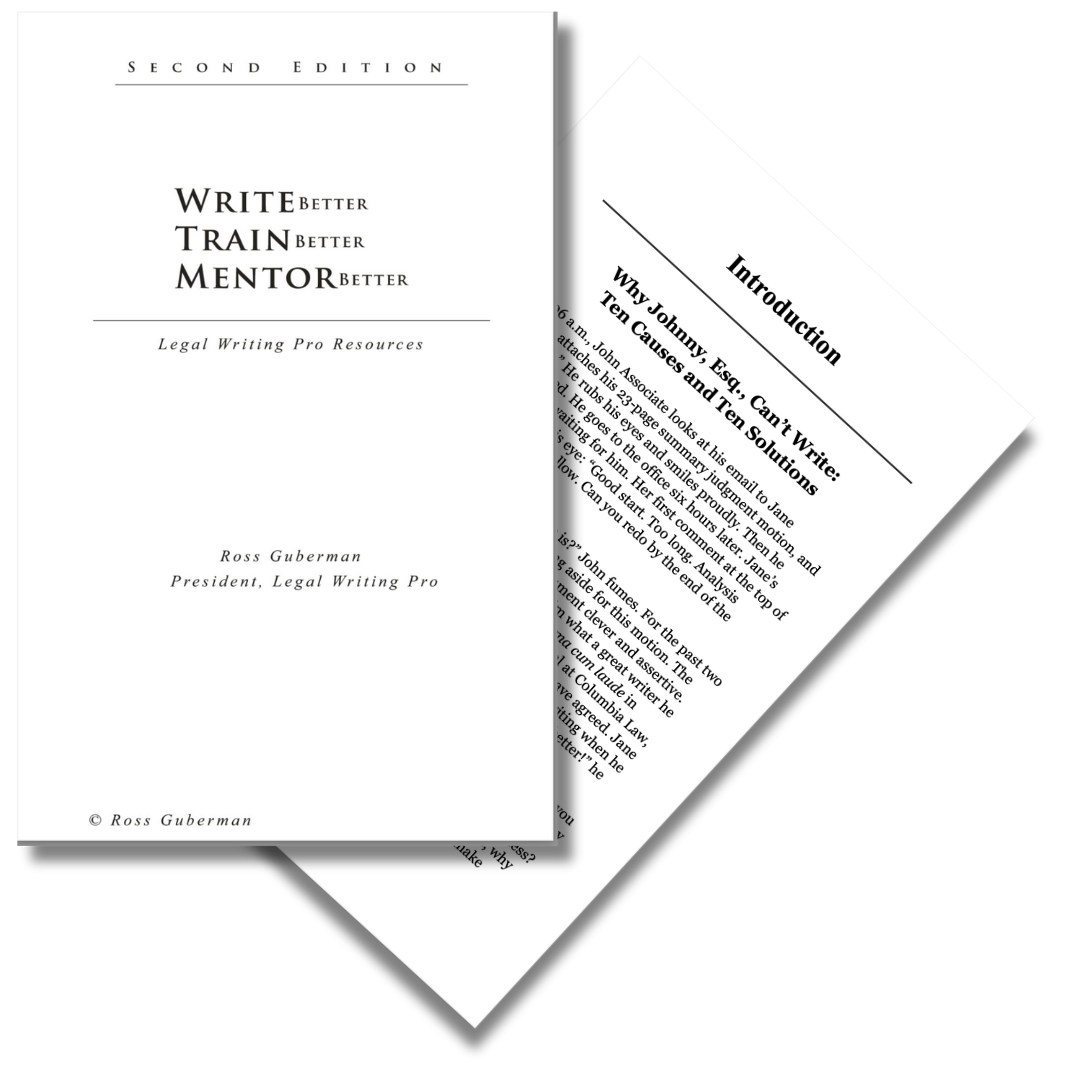
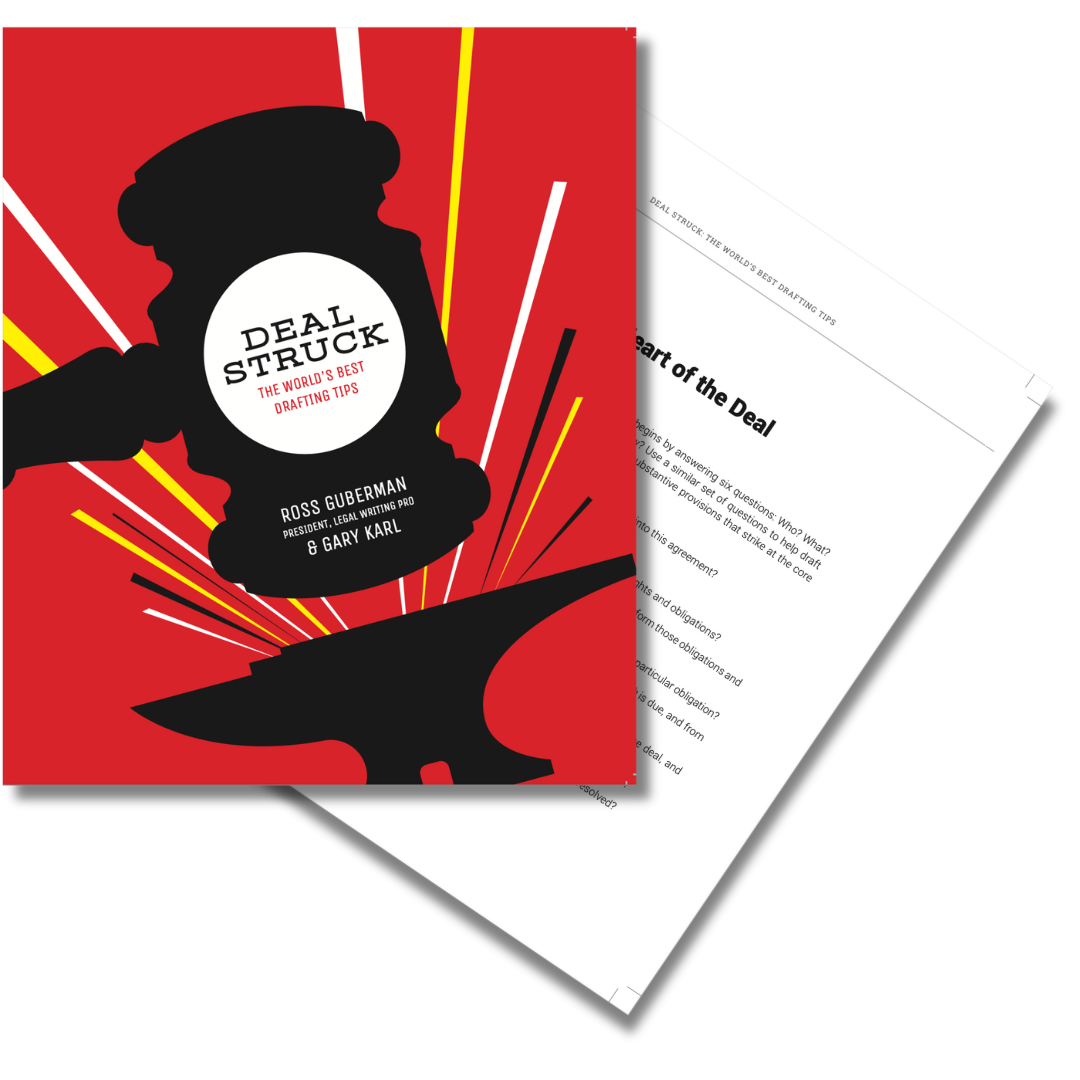









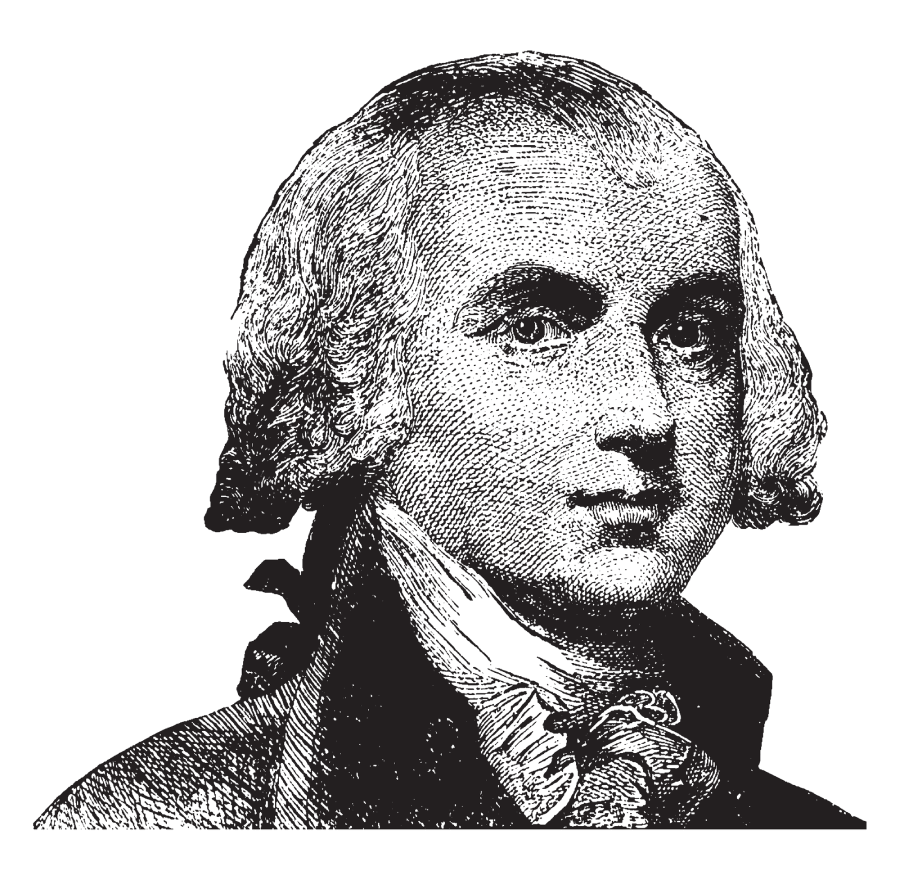









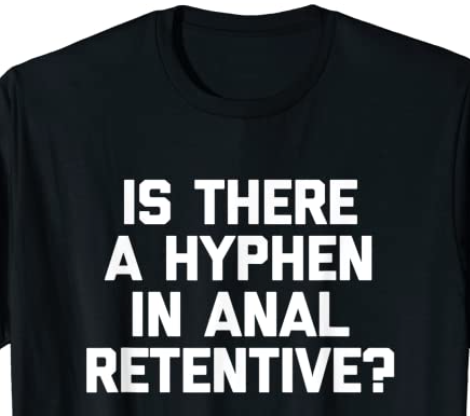


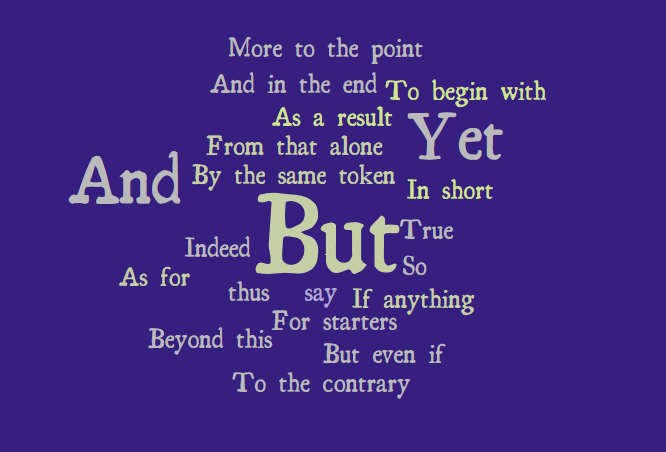






.svg)



































.svg)

.svg)